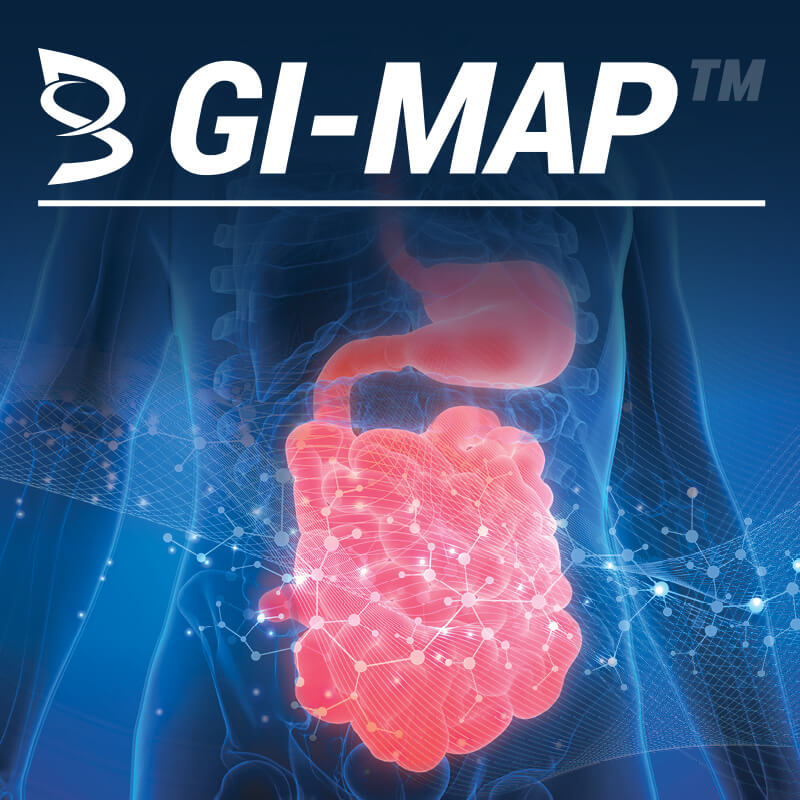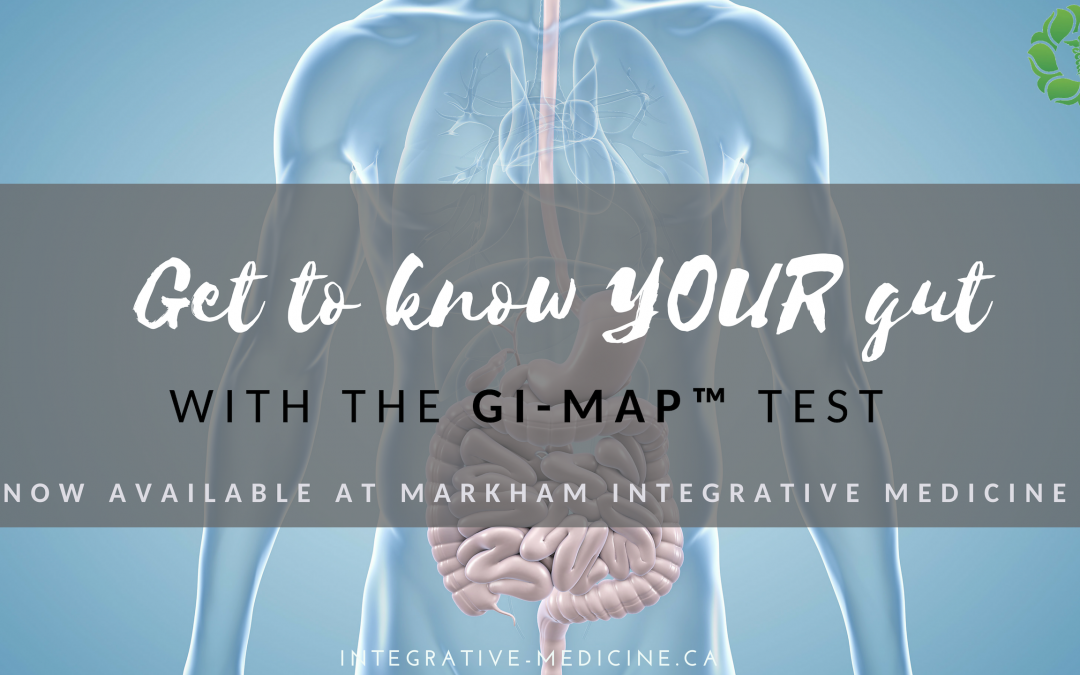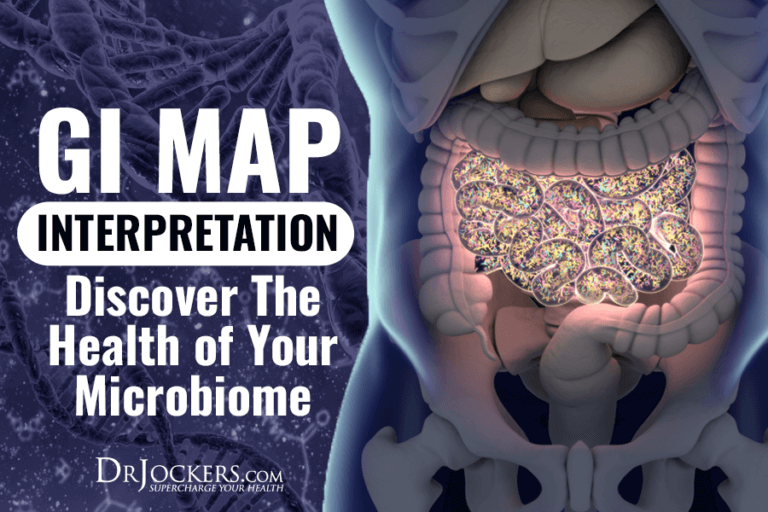Unveiling the Gut Microbiome: A Comprehensive Guide to GI Map Test Reviews
Related Articles: Unveiling the Gut Microbiome: A Comprehensive Guide to GI Map Test Reviews
Introduction
With enthusiasm, let’s navigate through the intriguing topic related to Unveiling the Gut Microbiome: A Comprehensive Guide to GI Map Test Reviews. Let’s weave interesting information and offer fresh perspectives to the readers.
Table of Content
Unveiling the Gut Microbiome: A Comprehensive Guide to GI Map Test Reviews
![]()
The human gut is a complex and dynamic ecosystem teeming with trillions of microorganisms, collectively known as the gut microbiome. This intricate community plays a crucial role in maintaining overall health and well-being. In recent years, there has been a surge of interest in understanding the gut microbiome and its impact on various aspects of human health, leading to the development of innovative diagnostic tools like the GI Map test.
The GI Map test, also known as a comprehensive gut microbiome analysis, offers a detailed snapshot of the gut’s microbial landscape. By analyzing stool samples, it provides insights into the composition and function of the gut microbiome, identifying potential imbalances or dysbiosis that may contribute to various health concerns.
Understanding the Importance of Gut Microbiome Analysis
The gut microbiome is intimately connected to various aspects of human health, including:
- Digestive health: The gut microbiome plays a critical role in digesting food, absorbing nutrients, and maintaining gut barrier function. Imbalances in the gut microbiome can lead to digestive disorders like irritable bowel syndrome (IBS), inflammatory bowel disease (IBD), and bloating.
- Immune function: The gut microbiome interacts with the immune system, influencing its development and function. Dysbiosis can contribute to immune dysregulation, increasing susceptibility to allergies, autoimmune diseases, and infections.
- Mental health: Emerging research suggests a strong connection between the gut microbiome and mental health. Imbalances in gut bacteria have been linked to anxiety, depression, and other mental health conditions.
- Metabolic health: The gut microbiome influences metabolism, impacting weight management, blood sugar regulation, and cardiovascular health.
GI Map Test Reviews: A Comprehensive Overview
GI Map test reviews provide valuable insights into the effectiveness and reliability of this diagnostic tool. These reviews encompass a wide range of perspectives, including:
- Accuracy and reliability: Reviews often discuss the test’s accuracy in identifying specific gut microbiome imbalances and its reliability in providing consistent results.
- Ease of use: Reviews may comment on the ease of collecting and submitting stool samples, as well as the user-friendliness of the test kit and online platform.
- Interpretation and reporting: Reviews may explore the clarity and comprehensiveness of the test results, as well as the ease of understanding the provided information.
- Clinical relevance: Reviews often discuss the test’s ability to identify potential health concerns and guide personalized treatment strategies.
- Cost and value: Reviews may compare the cost of the GI Map test with other gut microbiome analysis options and assess its value for money.
Key Features of GI Map Tests
GI Map tests typically include a comprehensive suite of analyses, such as:
- Microbiome analysis: This assesses the diversity and abundance of different bacterial species present in the gut, identifying potential imbalances or dysbiosis.
- Gut barrier integrity analysis: This evaluates the integrity of the gut lining, which plays a crucial role in preventing harmful substances from entering the bloodstream.
- Digestive enzyme analysis: This assesses the activity of digestive enzymes, which are essential for breaking down food and absorbing nutrients.
- Inflammatory marker analysis: This identifies elevated levels of inflammatory markers in the gut, indicating potential inflammation or dysbiosis.
- Parasite and yeast analysis: This checks for the presence of parasites and yeast overgrowth, which can contribute to digestive issues and other health problems.
Benefits of GI Map Testing
GI Map tests offer several potential benefits for individuals seeking to understand and improve their gut health:
- Personalized insights: The test provides a detailed picture of the individual’s gut microbiome, allowing for personalized recommendations and treatment strategies.
- Early detection of imbalances: Identifying gut microbiome imbalances early on can help prevent or manage potential health problems.
- Targeted interventions: The test results can guide targeted interventions, such as dietary changes, probiotic supplementation, or lifestyle modifications, to restore gut health.
- Improved overall health: Addressing gut microbiome imbalances can contribute to improved digestive health, immune function, mental well-being, and overall health.
FAQs about GI Map Tests
Q: Who should consider a GI Map test?
A: Individuals experiencing digestive issues like IBS, bloating, diarrhea, or constipation, as well as those with autoimmune diseases, allergies, or mental health concerns, may benefit from a GI Map test.
Q: How accurate are GI Map tests?
A: GI Map tests are generally considered accurate, but it’s important to note that they are not a diagnostic tool for specific diseases. The results should be interpreted in conjunction with other clinical information.
Q: How do I prepare for a GI Map test?
A: It’s important to follow the specific instructions provided by the testing company. In general, you may need to avoid certain medications or supplements in the days leading up to the test.
Q: How long does it take to get the results?
A: The turnaround time for GI Map test results can vary depending on the testing company, but it typically takes several weeks.
Q: What do I do with the results?
A: The results should be reviewed with a healthcare professional who can provide personalized recommendations and treatment strategies.
Tips for Using GI Map Test Results Effectively
- Consult a qualified healthcare professional: It’s crucial to discuss the test results with a doctor or registered dietitian who can provide personalized guidance.
- Understand the limitations: Remember that GI Map tests are not a definitive diagnosis for any specific condition. They provide insights into the gut microbiome, but further investigations may be necessary.
- Focus on sustainable lifestyle changes: The test results should guide personalized recommendations, but it’s essential to focus on long-term sustainable changes, such as diet, exercise, and stress management.
- Track your progress: Monitor your symptoms and progress over time to assess the effectiveness of the recommended interventions.
Conclusion
GI Map tests offer a valuable tool for understanding the intricate world of the gut microbiome and its impact on overall health. By providing a comprehensive analysis of the gut’s microbial landscape, these tests can help identify potential imbalances and guide personalized interventions to restore gut health and improve well-being. However, it’s important to approach these tests with a balanced perspective, consulting a healthcare professional to interpret the results and develop appropriate strategies for addressing any identified concerns. By leveraging the insights provided by GI Map tests and embracing a holistic approach to gut health, individuals can take proactive steps towards improving their overall health and well-being.








Closure
Thus, we hope this article has provided valuable insights into Unveiling the Gut Microbiome: A Comprehensive Guide to GI Map Test Reviews. We hope you find this article informative and beneficial. See you in our next article!